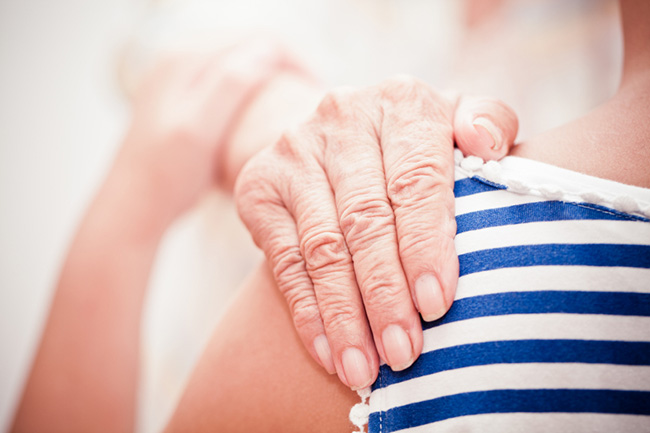Daughters spend twice as much time as sons looking after ageing parents, according to a new health study.
Researchers found women spend 12.3 hours a month on average caring for elderly parents. Men, on the other hand, spend 5.6 hours on them.
For many women, already struggling to maintain careers and earn an income equal to that of male counterparts, caring for mum and dad presents a "significant financial burden", says the study.
And, while some will find themselves bearing the brunt of the caring duties because they work part-time or are not in paid work, many more will find themselves having to give up careers or high wages in order to spend time with their parents.
The impact, though, can become more severe than financial, according to the study, with mental and physical health and even life expectancy taking a hit.
The study was published by Angelina Grigoryeva of Princeton University, New Jersey. It uses as a source ten-year-old data from the University of Michigan's Health and Retirement Study, which regularly examines the health aspects of 26,000 over-50s living in the USA.
Dr Grigoryeva talks of the gender inequality in the care for elderly patients, an issue likely to be just as prevalent in the UK.
But her findings also raise the question of who cares for elderly, ailing people who have no daughters free to be carers.

Many older people move into care homes, having either no children, or sons or daughters who for various reasons are unable to devote time to looking after their parents.
As experts in care home compensation, we are aware of how standards of care can vary from excellent to poor, and of the emotional and financial impact on the patients and those who care about them.
Attention in a care home, for example, can be far greater than in a home environment where the carer – a daughter, perhaps – may not be trained or experienced in meeting the basic health needs of elderly people.
Sadly, neglect can be found in expensive care homes as much in a private residence; there is a reason why we have become experts in pressure sore compensation.
We can help families who have been let down by the homes they paid and trusted to care for their parents on their behalf.
Not everyone can be a carer – it doesn’t mean they don't care.




